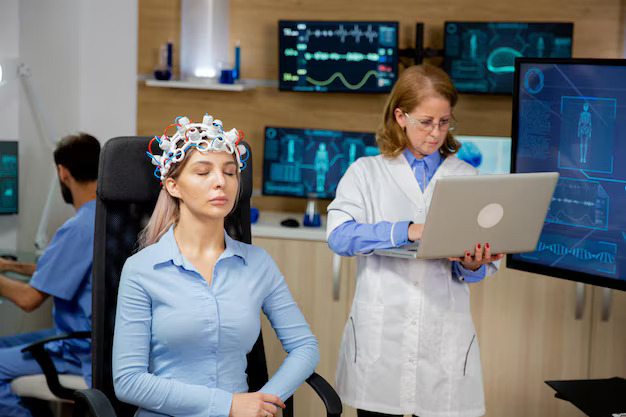How Generative AI is Finally Giving Healthcare Workers Their Lives Back : The End of Endless Paperwork
Generative AI cuts paperwork in healthcare, freeing up doctors to focus on patients, not forms.


You're a doctor who went to medical school to save lives, but instead of spending your day with patients, you're drowning in a sea of forms, insurance claims, and documentation that seems to multiply faster than rabbits.
Sound familiar? Well, grab your coffee because we're about to dive into how generative AI in healthcare is becoming the superhero that healthcare workers never knew they needed.
Generative AI Goes Head-To-Head With Mental Health Therapists. Read more here!
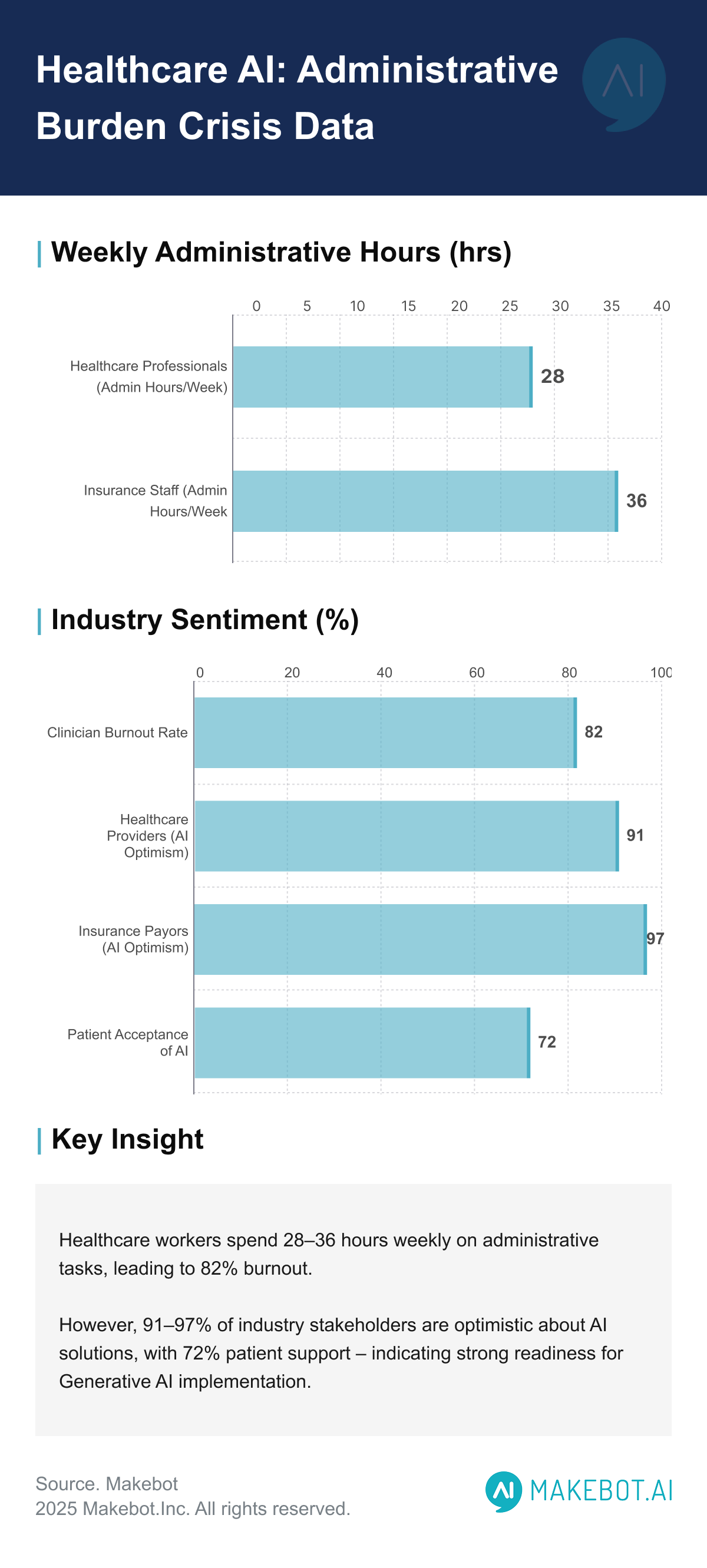
The Administrative Burden Crisis
Let's start with some jaw-dropping numbers that'll make you understand why healthcare workers are practically doing cartwheels over AI solutions.
According to recent studies, healthcare professionals are spending a whopping 28 hours per week on administrative tasks alone. That's right – more than a third of their entire work week is dedicated to paperwork instead of patient care!
But wait, it gets worse. Insurance staff are drowning even deeper, spending 36 hours weekly on administrative duties. We're talking about maintaining member records, compiling claims documentation, and navigating the bureaucratic maze that is healthcare administration.
The result? A staggering 82% of clinicians report feeling burned out, and honestly, who can blame them? When you signed up to be a healthcare hero, you probably didn't expect to become a professional form-filler.
Study Suggests Physician's Medical Decisions Benefit from Chatbot Integration. More here!
Enter Generative AI
Here's where things get exciting! Generative AI isn't just another tech buzzword – it's proving to be the real deal when it comes to slashing that administrative burden. And healthcare workers are absolutely here for it, with 91% of providers and 97% of payors feeling optimistic about AI's potential to ease their workload.
Even patients are on board – 72% of the general public agrees that using AI is totally worth it if it means their healthcare providers get more time to actually talk to them. Talk about a win-win situation!
How Healthcare AI is Transforming Daily Operations
1. Smart Documentation That Actually Thinks Like a Nurse
Let's talk about HCA Healthcare's brilliant approach to bedside shift reports. Instead of creating boring chart summaries, they partnered with Google's research team to develop generative AI that literally thinks like a nurse. This AI identifies critical items needing attention and summarizes essential events for the next shift.
The results? Mind-blowing! 90% of nurses in the pilot group rated the model as helpful enough to replace their current clinical documentation process. That's not just improvement – that's revolution!
2. Prior Authorization, Transformed: From 12 Hours to 60 Seconds
Remember those prior authorizations that used to take forever? Healthcare staff were dedicating approximately 12 hours each week to completing them, with 94% of physicians reporting delays in patient care because of the process.
Enter generative AI, and suddenly everything changes. Companies like House Rx are now generating prior authorization answers in 15 seconds and submitting them in less than 60 seconds. Their platform achieves a 92% approval rate on first submission, compared to the industry's typical headache-inducing back-and-forth.
Highmark Health took it even further, automating 30% of their prior authorizations using generative AI and implementing "gold carding" for efficient providers. The result? An 85% reduction in provider administrative costs. That's not just efficiency – that's practically magic!
3. Medical Records That Actually Make Sense
EHR vendor Meditech has clients using AI for business to explore and summarize medical records with remarkable success. Their generative AI tool follows the SBAR format (Situation, Background, Assessment, Recommendation) that nurses widely use for care transitions.
The beauty of this system? It helps clinicians quickly navigate dense records and identify critical information for treatment protocols.
As Helen Waters from Meditech puts it, "We believe that generative AI and AI overall is transforming how healthcare professionals access and use information to make powerful decisions confidently."

The Numbers Don't Lie
Let's get into some concrete data that shows just how transformative generative AI in healthcare really is:
Time Savings:
- Physicians using ambient AI scribes save an average of 1 hour per day at the keyboard
- AI-powered voice-to-text transcription reduces documentation time by up to 70%
- Medical records review time decreased by 18%, saving 2.3 minutes per query
Financial Impact:
- Tools like GaleAI demonstrated a 97% reduction in time coders spend on repetitive tasks
- Revenue recovery of up to $1.14 million annually by identifying overlooked codes
- Administrative costs reduced by 85% through AI automation
Quality Improvements:
- 92% approval rate for prior authorizations on first submission
- Significant reduction in claim denials due to improved accuracy
- Enhanced standardization across healthcare documentation
Beyond the Hype
Patient Intake Revolution
Generative AI is transforming the traditionally painful patient intake process through speech-to-text conversion. Healthcare professionals can now focus on patients instead of frantically typing notes, while AI ensures factual accuracy and recognizes medical terminology.
The system automatically transforms conversations into properly formatted medical forms, progress notes, and discharge summaries.
24/7 Patient Support
AI-powered chatbots and virtual assistants are handling routine patient inquiries around the clock. These systems manage appointment scheduling, insurance pre-approvals, and medication refills, freeing up human staff for more complex tasks.
The result? Patients get instant responses, and staff get breathing room.
Billing and Claims Processing
AI for business applications in healthcare are revolutionizing billing accuracy. By analyzing medical records and extracting relevant information, these systems generate accurate billing codes automatically, reducing errors and subsequent claim denials.
This streamlines the entire revenue cycle and ensures healthcare providers receive proper compensation for their services.
The Transformative Impact of Generative AI in Telehealth. Read here!
The Future is Bright (And Less Bureaucratic)
Looking ahead, healthcare AI is evolving toward even more integrated and personalized solutions. Advanced generative models like GPT-4 are enabling automatic creation of comprehensive clinical notes, while real-time clinical decision systems assist physicians with optimized diagnostics and treatments.
The upcoming innovations include:
- Enhanced interoperability between AI systems and EHRs
- Personalized documentation that adapts to individual physicians' styles
- Predictive analytics for resource optimization and patient care planning
The Human Touch Remains Essential
Here's the beautiful part – generative AI isn't replacing healthcare professionals; it's giving them back what they signed up for in the first place.
As one survey respondent noted, "Clinicians come to this field to make a difference in the lives of patients. Feeling confident in their decisions and not seeing technology as a barrier is critical."
The technology handles the mundane, repetitive tasks that nobody enjoys, while humans focus on what they do best: providing compassionate, expert care to patients who need it.
Wrapping It Up
The transformation we're witnessing isn't just about cool technology – it's about restoring humanity to healthcare. When generative AI in healthcare takes over the administrative burden, everyone wins:
- Healthcare workers get to be healthcare workers again, not administrative assistants
- Patients receive more attention and better care
- Healthcare systems operate more efficiently and cost-effectively
- Errors decrease while satisfaction increases across the board
The data is clear, the technology is ready, and the healthcare industry is embracing this change with open arms. Generative AI isn't just helping cut administrative burden – it's giving healthcare back its soul.
So the next time you visit your doctor and they seem less frazzled and more focused on you, you might just have AI for business applications to thank. After all, in a world where technology often seems to complicate things, it's refreshing to see it actually making life better for the people who dedicate their lives to making ours better.
The future of healthcare administration isn't just automated – it's optimized, humanized, and finally, truly focused on what matters most: exceptional patient care.
Ready to Transform Your Healthcare Operations with AI?
Don't let your healthcare organization get left behind in the AI revolution. While competitors struggle with administrative burdens, you could be leading the charge with Makebot's industry-specific AI solutions. With our multi-LLM platform optimizing both performance and costs, we deliver industry-specific customization that actually works for healthcare workflows.
Transform patient interactions, automate administrative tasks, and give your staff their time back. Join over 1,000 companies already revolutionizing their operations with Makebot's proven AI solutions.
Ready to see how AI can eliminate your administrative headaches?
Contact Makebot Today →b2b@makebot.ai
Let's talk about building your custom healthcare AI solution that actually works.

Studies Reveal Generative AI Enhances Physician-Patient Communication





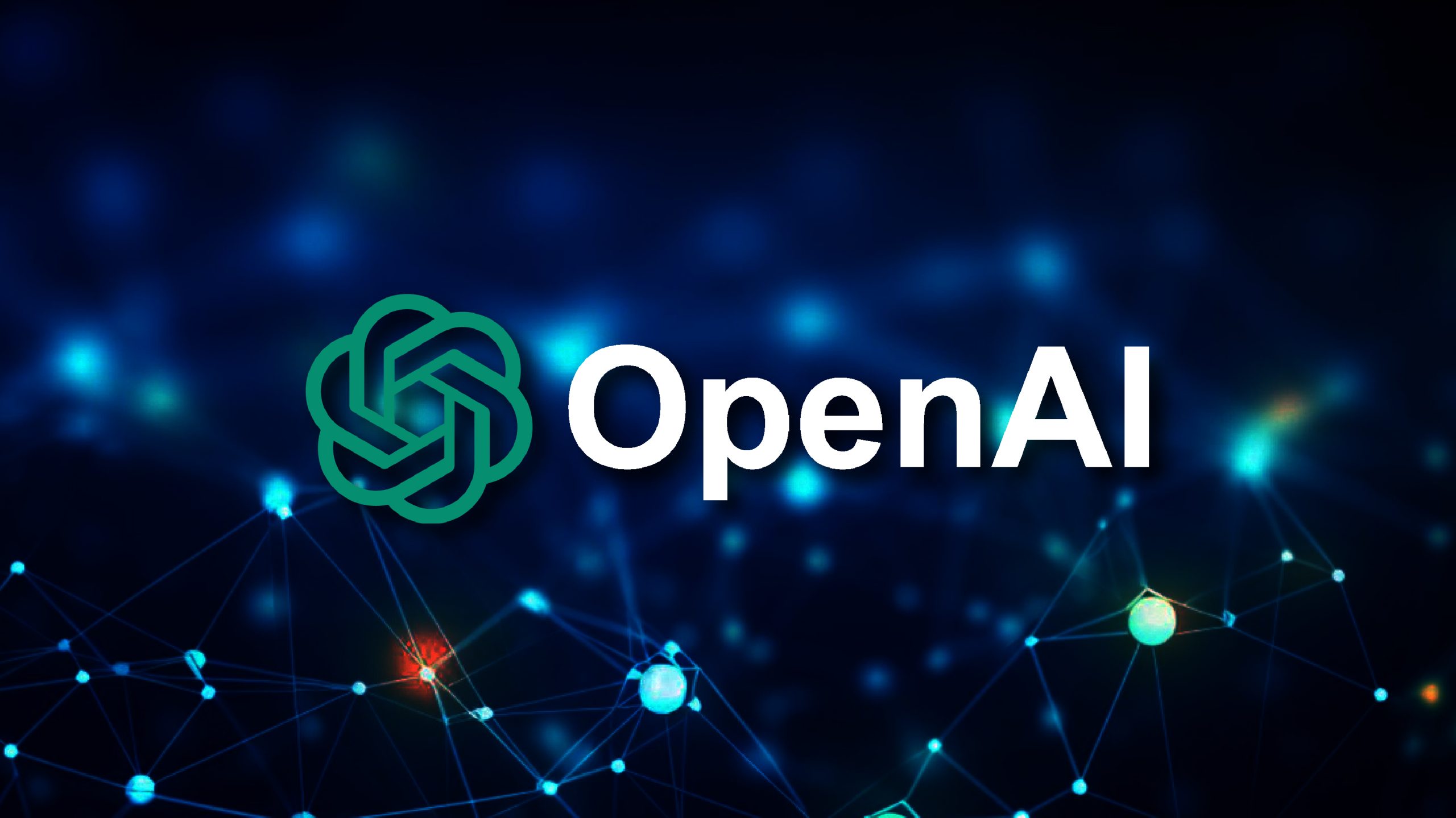



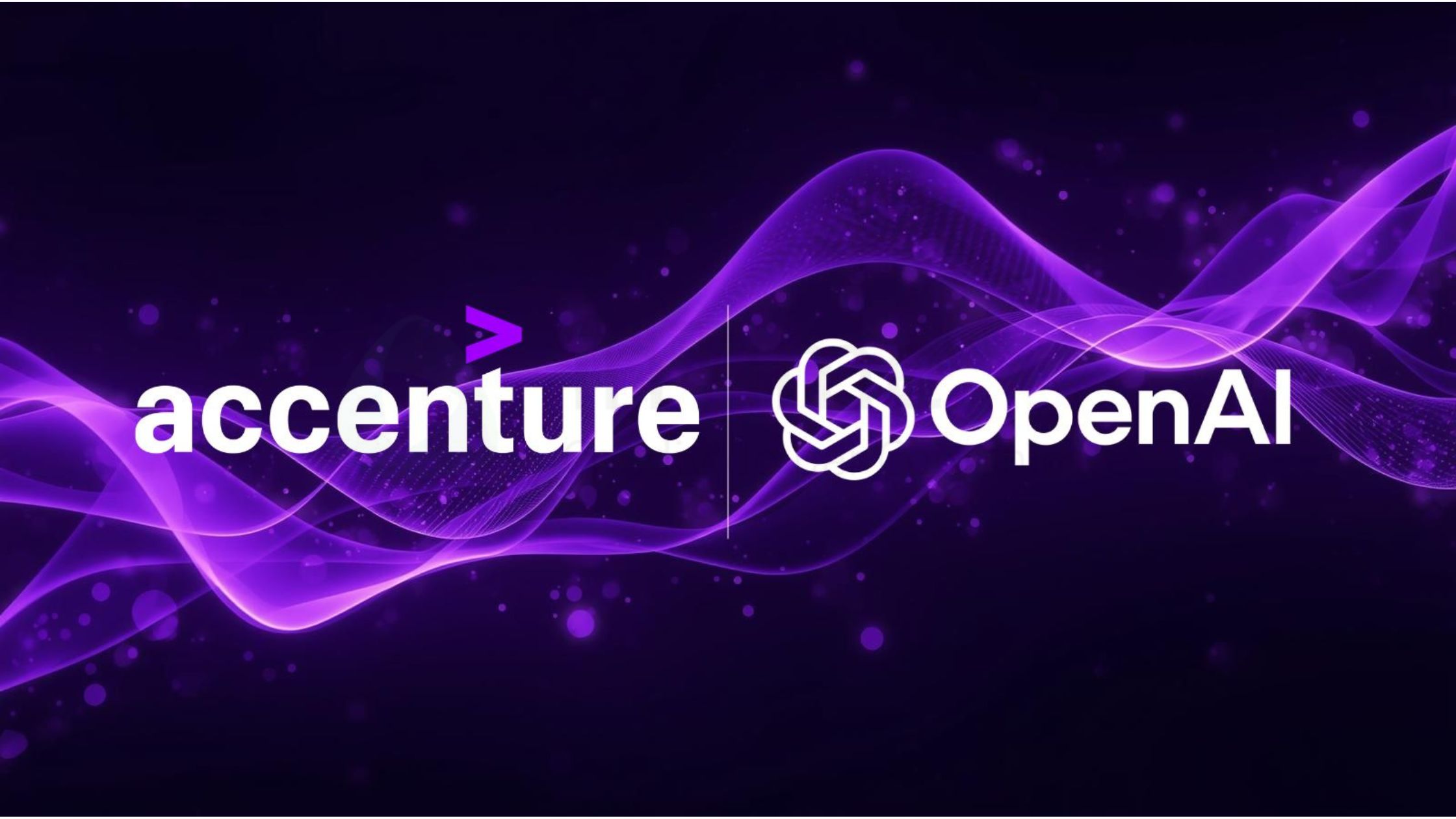
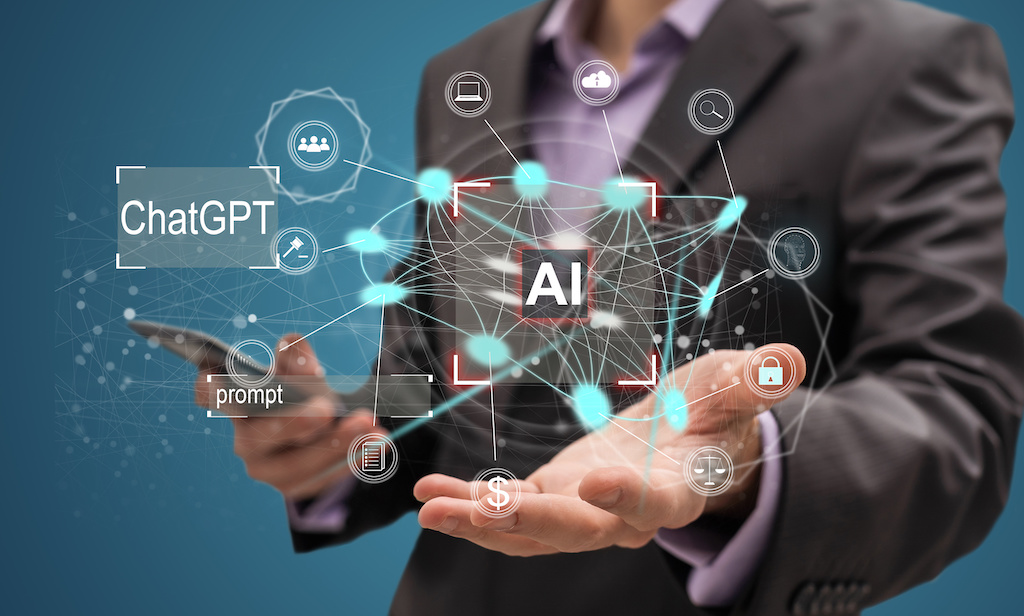
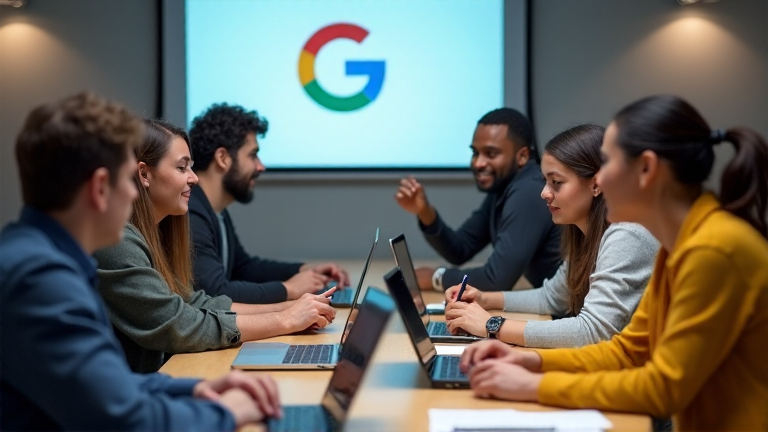

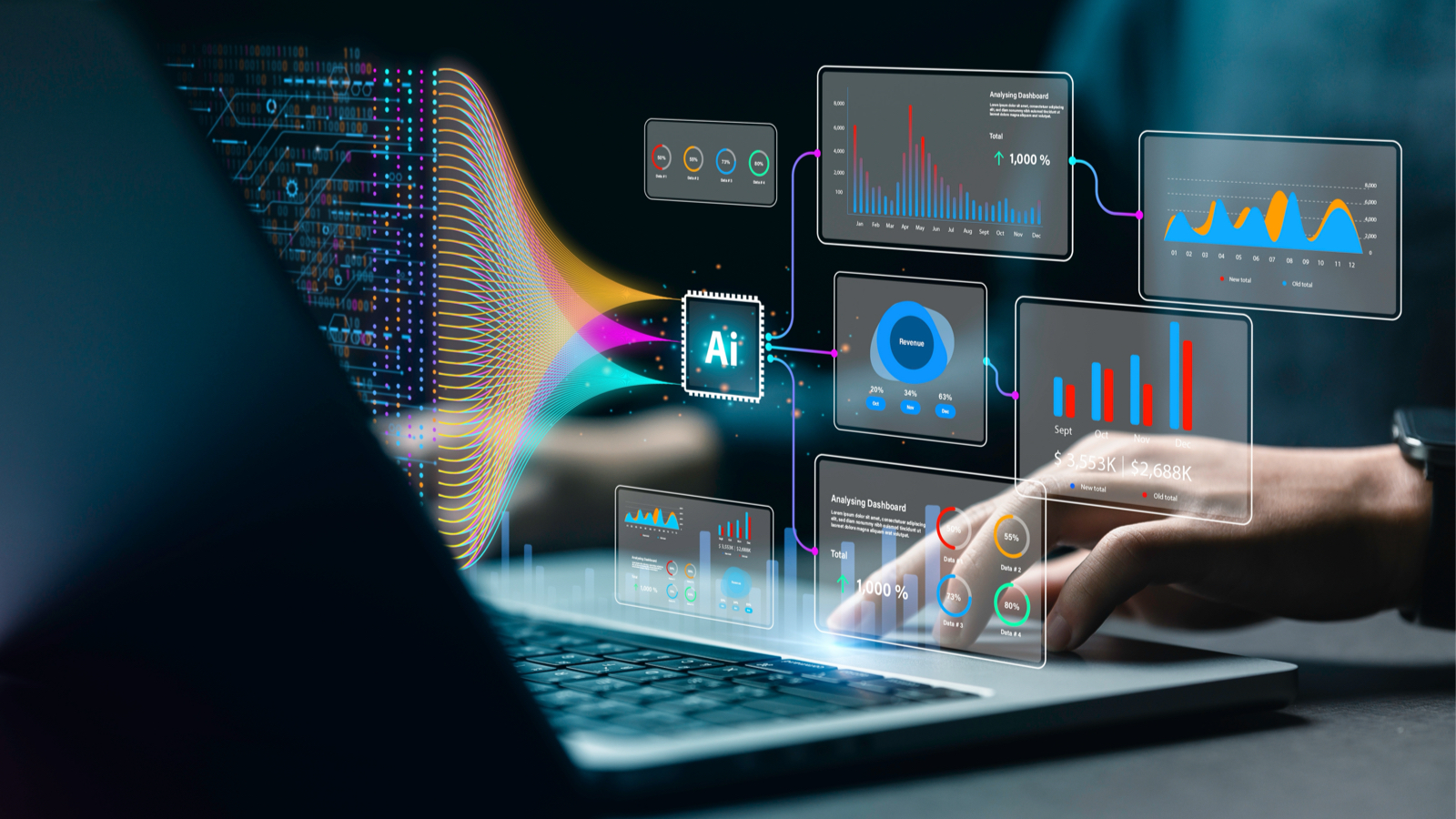






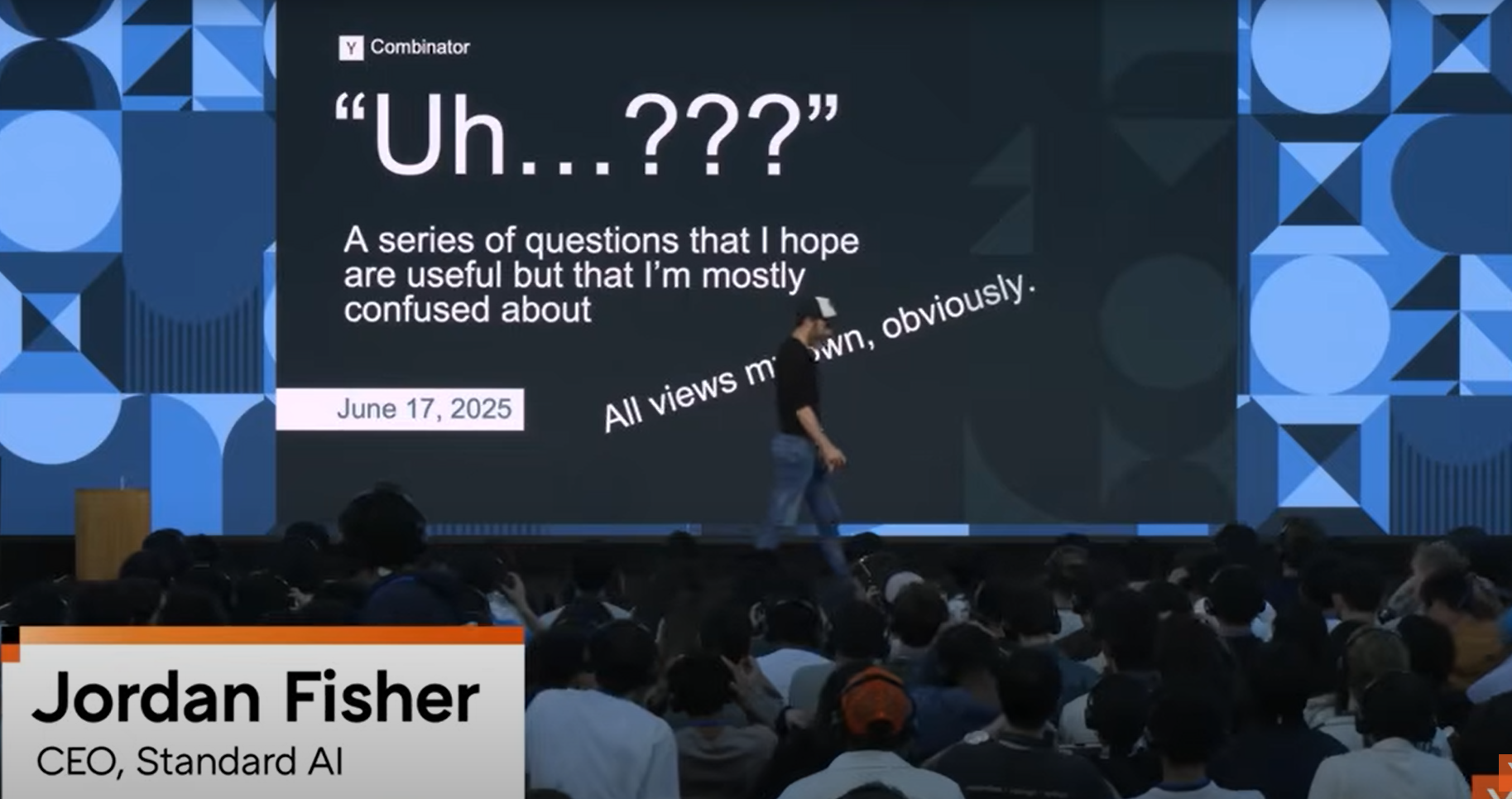




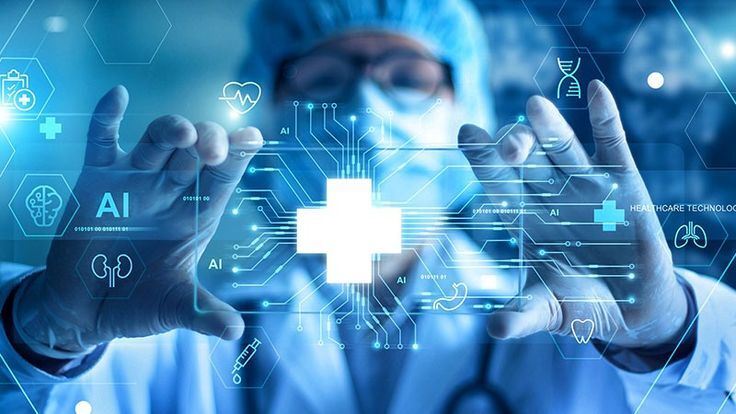

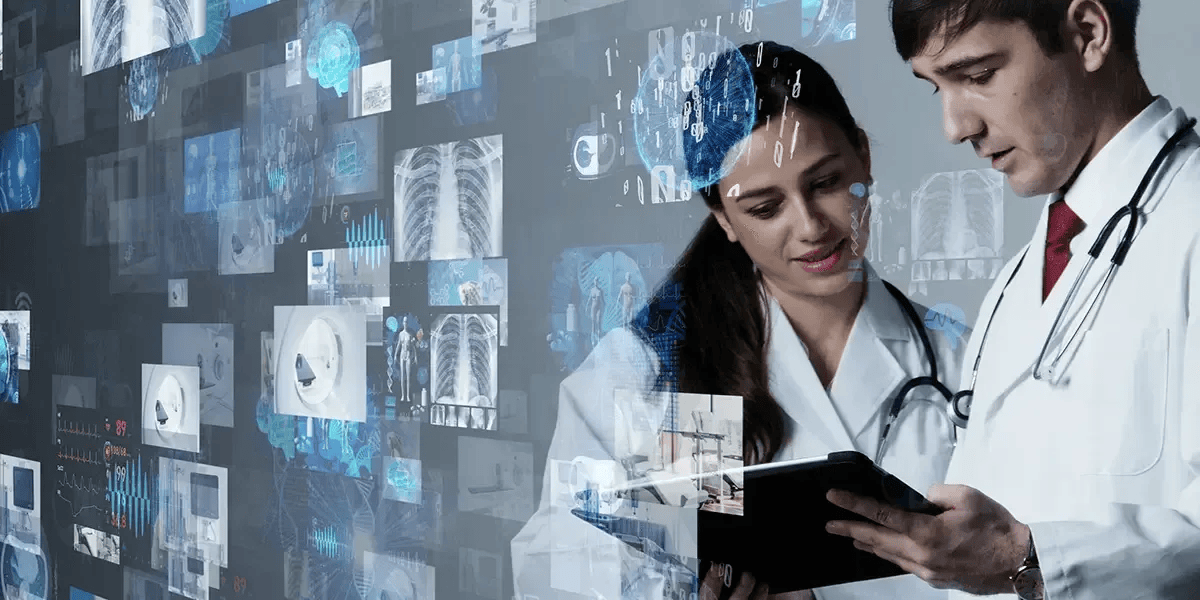



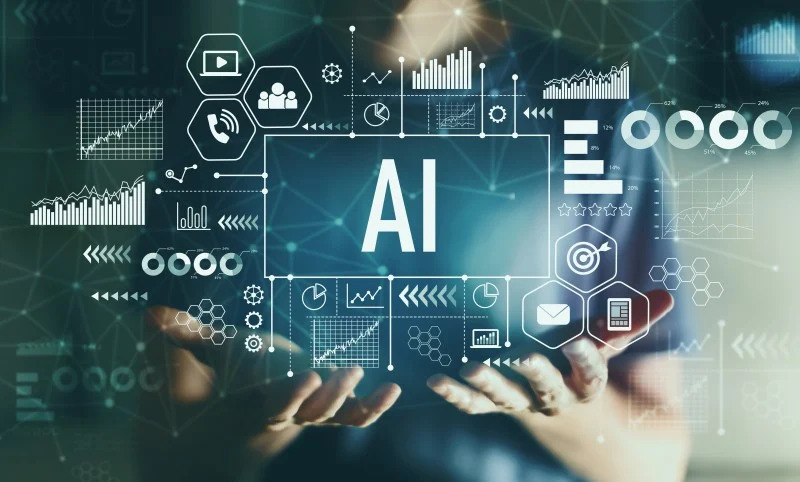
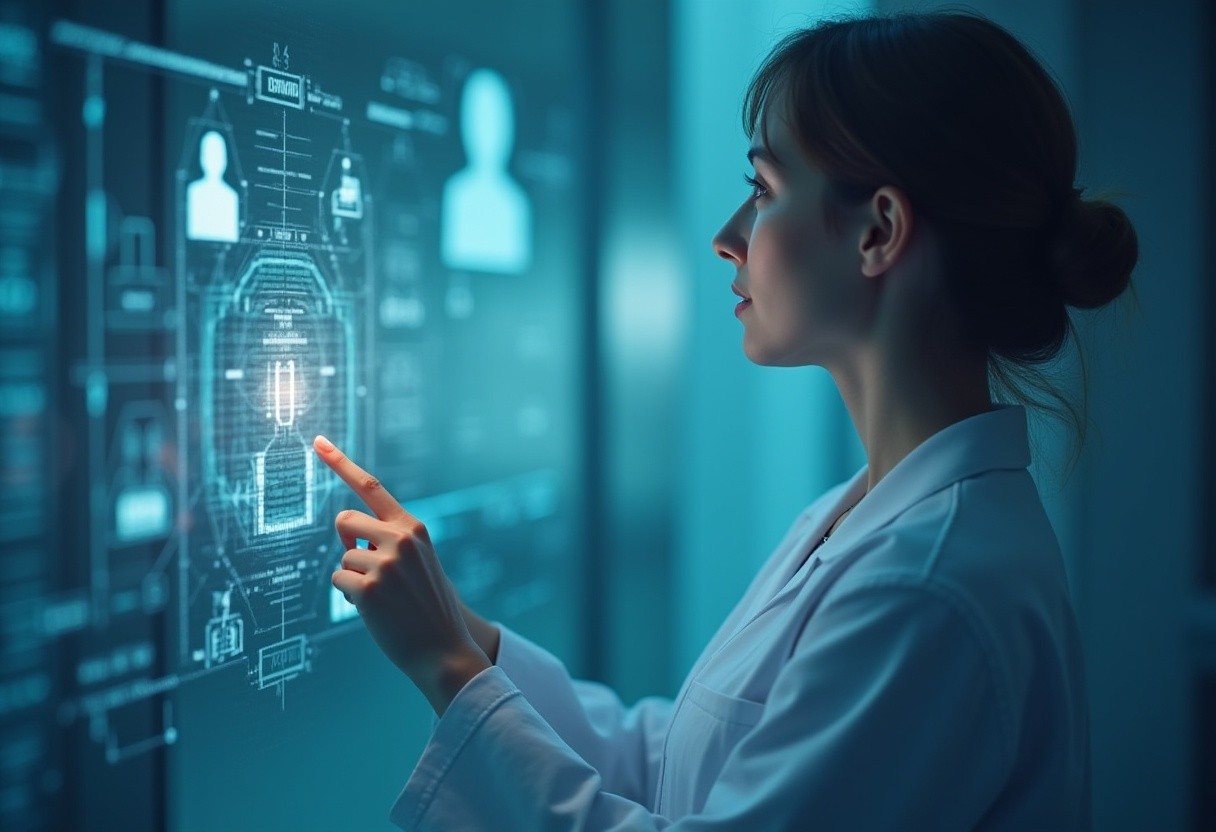


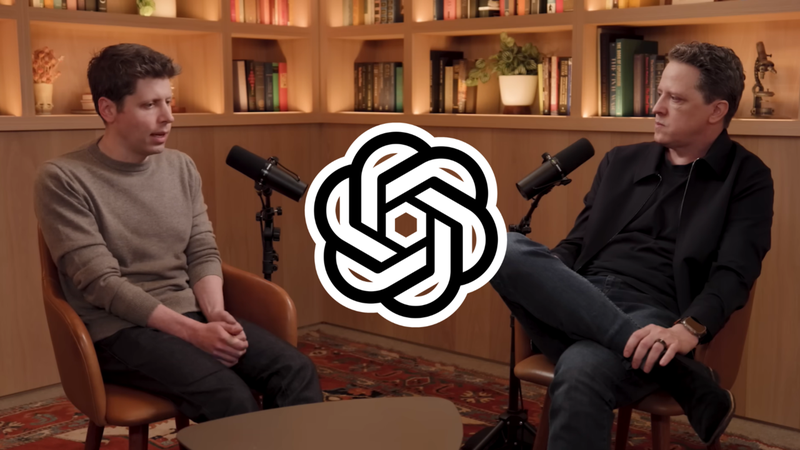





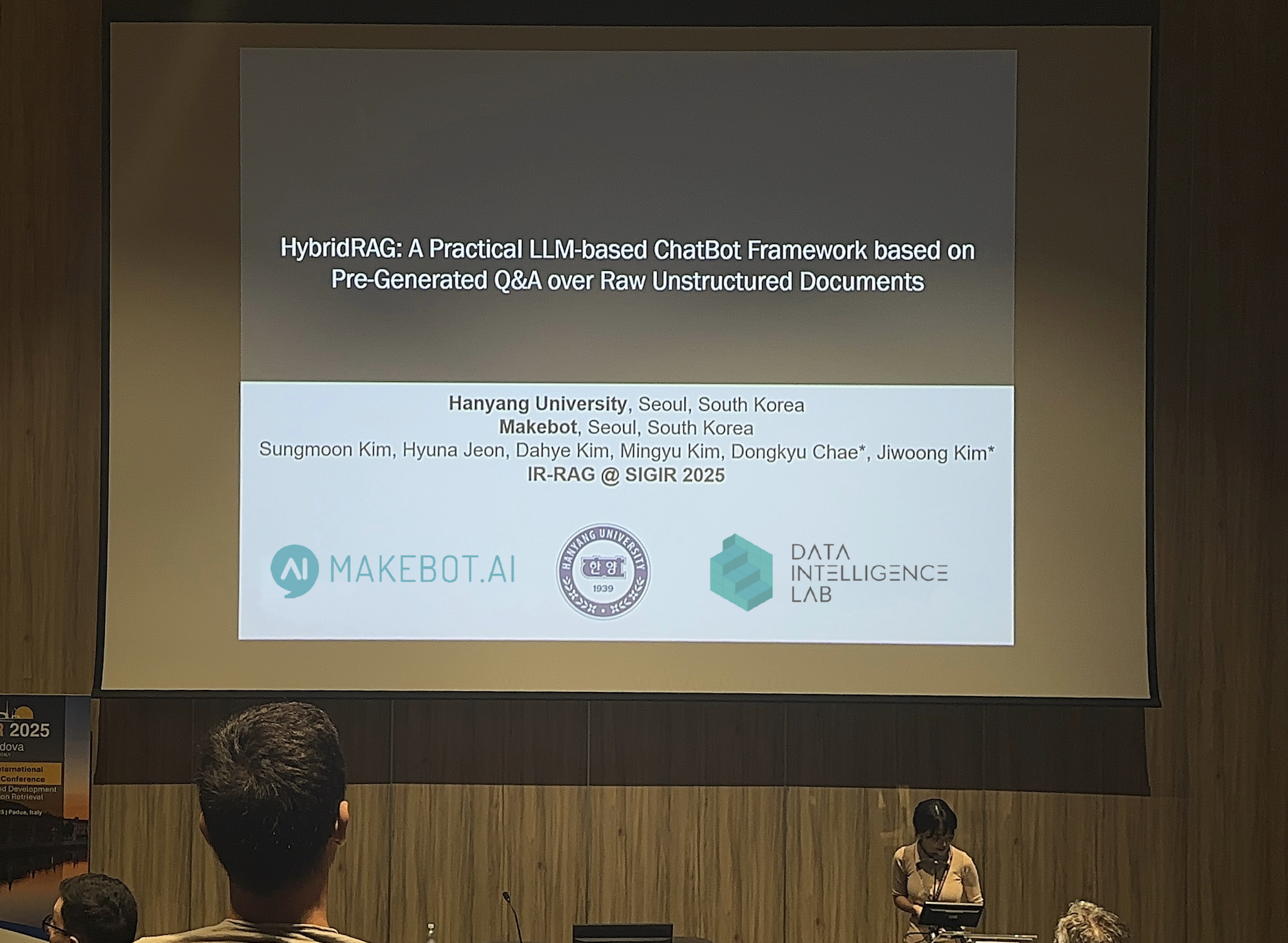









_2.png)











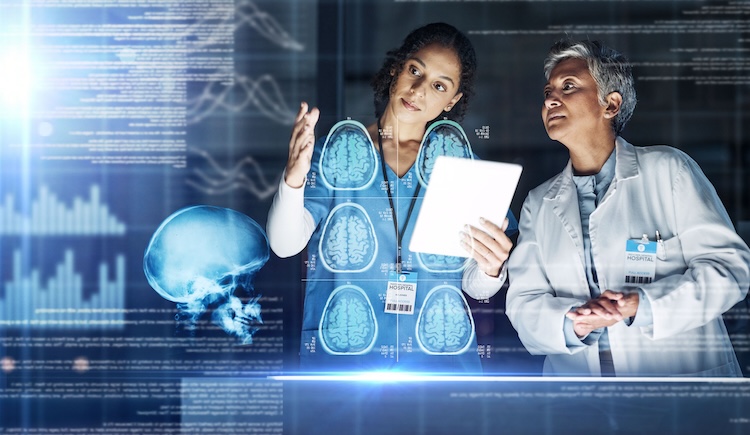





.jpg)













